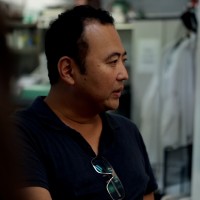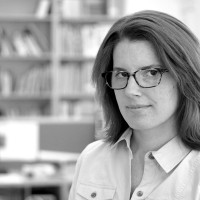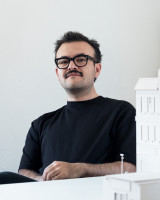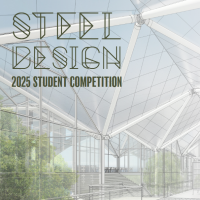To gain access to the event weblink, register below.
Marina Otero Verzier
Director of Research, Het Nieuwe Instituut
Head of the Social Design Masters, Design Academy Eindhoven
Cartesian Enclosures
Architecture has a role in how encounters between animals, humans, plants, machinic and inanimate beings are structured in time and space, yet generally orchestrated to serve the comfort and privilege of some humans. It also supports systems where the distinction between machines and living organisms have been purposely blurred, one of which, I’d argue, is automated capitalist production. As a form of production, automation’s result is not only commodities but the biopolitical production and reproduction of forms of life in common through technology. In so doing, automation poses a conundrum to architecture: it allows the discipline to venture beyond its Cartesian postulates and operate with minimal or reduced human intervention, prompting its critical reinvention; simultaneously, it furthers intensifies the enclosing and exploitation of larger territories and their laboring bodies, thus participating in the extraction of what is common. While problematic, these architectures also serve as a lens to today’s challenges and responsibilities, and a testing ground for transcending the Cartesian divide through radical notions of ethics emerging from queer, de-colonial and indigenous studies.












